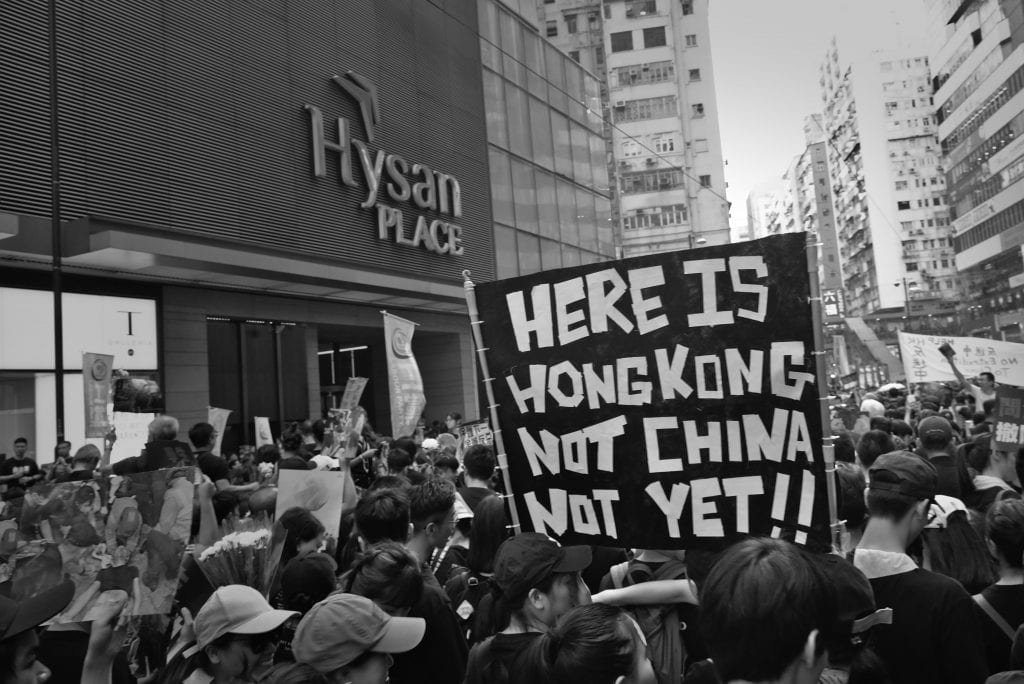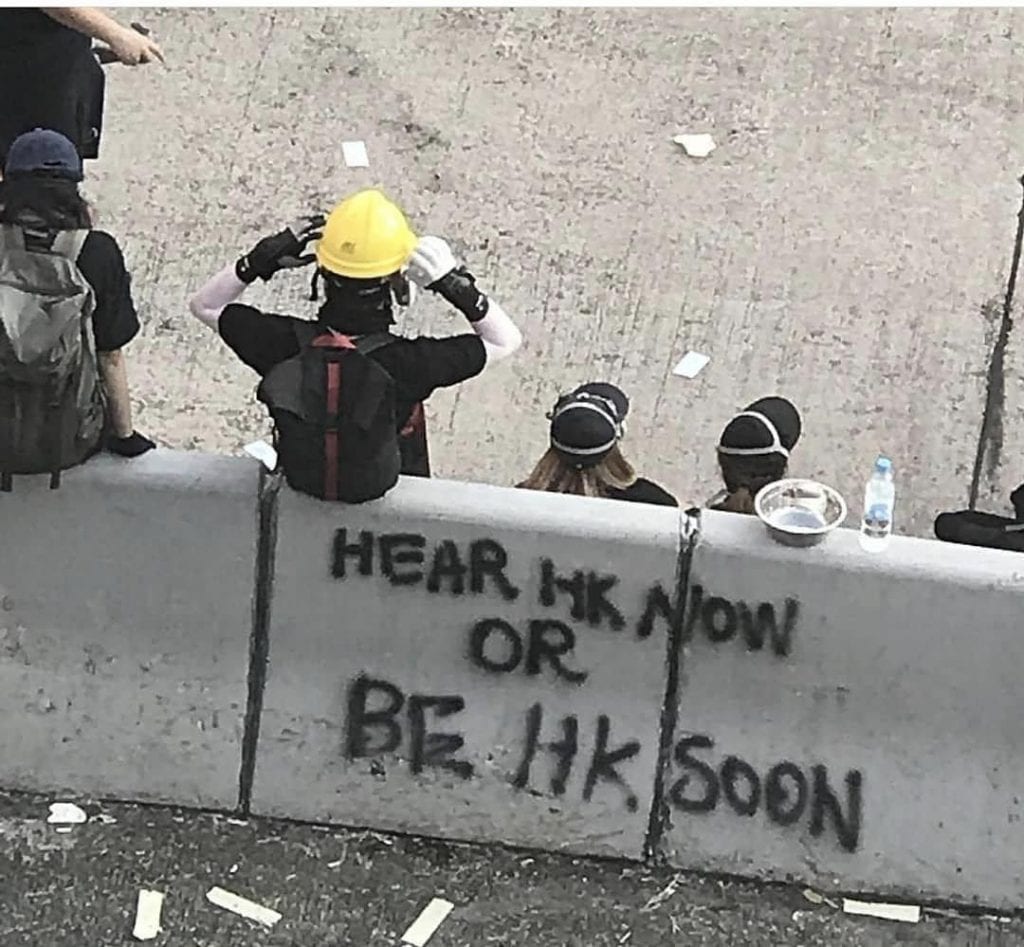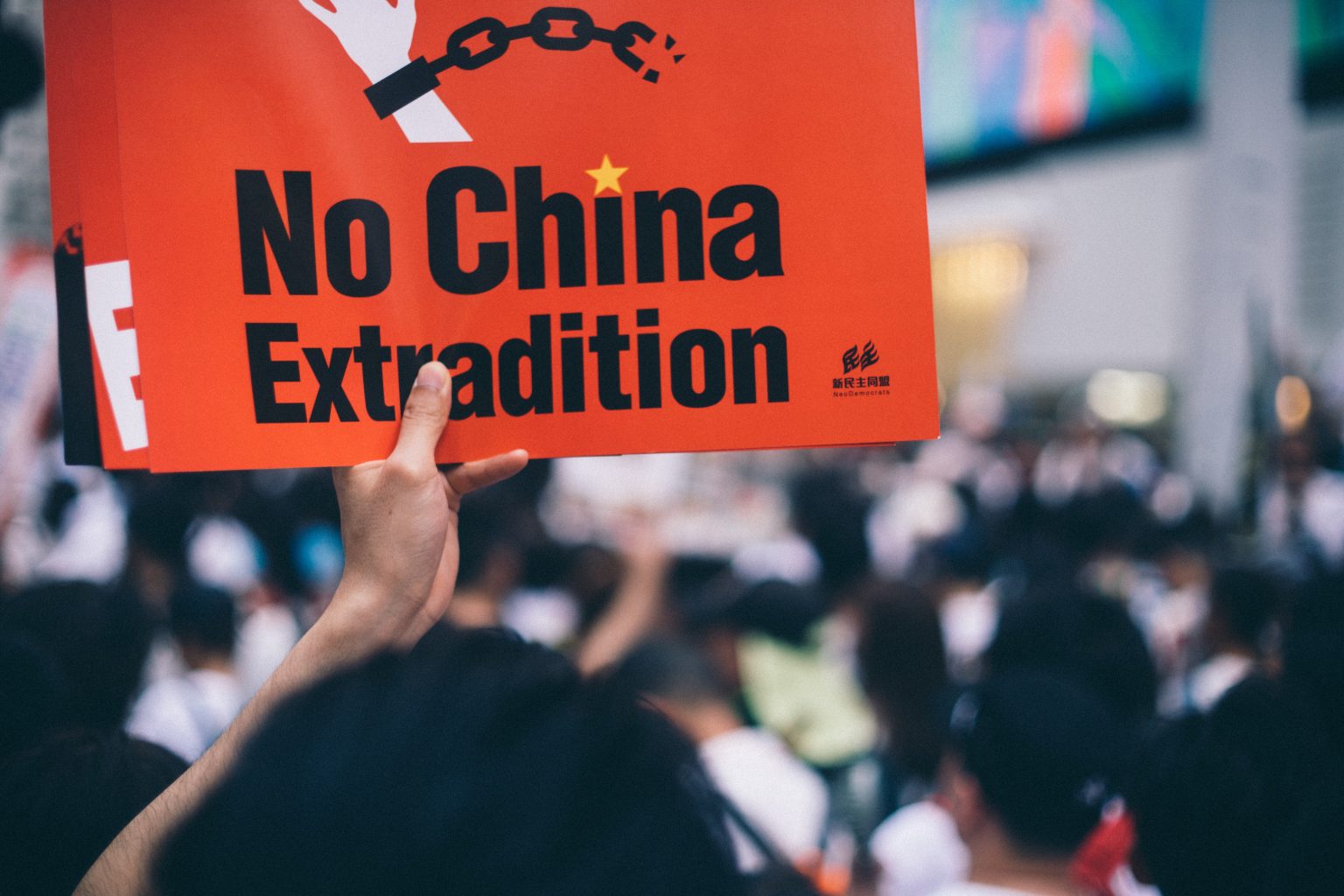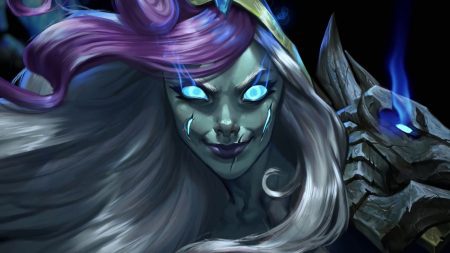This new article series for The Punished Backlog examines the future of the Chinese gaming landscape, following recent events in China. How has this political rift shaken the games industry?
The Heat of China
It was an unreasonably warm February for Hong Kong this year; the temperatures were rising not only in the streets but within government offices. The security bureau had finished its proposed extradition bill which, once received by authorities, went public. Toward the end of March, however, the people of Hong Kong were finally fed up of the heat getting to them. Hong Kong had been sitting extremely close to the fire of China for so long, and on more than one occasion the fire had burned them. They were not about to sit around and let their freedom and rights be taken away.
Masses gathered to the streets on March 31 to show outrage toward the new bill. The people’s anger was, of course, warranted. The legislation was designed to allow easier extradition of fugitives to other countries — such as mainland China. Unlike the current law, which is more general in its approach, the proposed legislation would allow for extraditions on a more targeted, case-by-case basis. This would open the door to China handpicking individuals it deems “dangerous” — politically or otherwise — even if it violates basic civil rights.
You would think Hong Kong’s government would stand with the general populous, and those who had put them into power, by vetoing the bill. Yet, this wasn’t the case.

The Bill Reinforced
On April 3, Hong Kong Chief Executive Carrie Lam and her elected government amended the bill to allow criminals to be sent to China for trial. This would tarnish any hope of fugitives having a fair trial and in turn spit in the face of justice. Fears were being raised by the people and falling onto the deaf ears of the clearly negligent officials.
People protested in droves. Over the next few months, tens of thousands went to the streets of Hong Kong to oppose the bill. On June 3, a group of 3,000 lawyers wore all-black suits — a silent yet strong protest against this law being passed. No less than three days later, over half a million people gathered to join in on the protests. At that time, the Hong Kong called in riot control and pushed police to halt the protest and force people to disperse.

China’s pollution was entering the streets of Hong Kong, the superpower’s ideologies dressed in uniform with tear gas in hand. It filled the streets with thick, tear-inducing smog. The pain, however, wasn’t enough to phase the civilians. They weren’t about to let the police force their protests into silence. Their cries were loud and present over the next few months — despite backlash from China, the government, and police/security agencies.
On July 12, the first rubber bullet was fired. There was hardly a second of hesitation from the officers who unleashed the projectiles into the crowds — despite the elderly and frail being part of the masses. To police, the crowd was a faceless entity. They thought it was easier to simply dehumanize them. However, the protesters weren’t faceless; they had rights, families, jobs, and livelihoods.
Protesters refer to these police officers as “black cops” — a play on the term “black ops,” and an allusion to the police’s violent and corrupt nature. This past Monday, six live rounds were fired into the open crowd at a recent protest — one piercing the chest of a young man. The wounds resulted in his untimely and avoidable death.
The Gaming Communities Stand with Blitzchung and Hong Kong
One community I didn’t expect to become embroiled with these protests was the gaming community. The political discourse was brought to the forefront when Blizzard, creators of Hearthstone and World of Warcraft, chose to silence the voice of a Hearthstone professional called Blitzchung. The pro player was banned following his comments during a recent tournament, shown below.
https://www.youtube.com/watch?v=WkhHDzgTcnU
Blitzchung (on the right) is shown shouting, “Liberate Hong Kong, revolution of our age.” Blizzard wasn’t pleased with the professional using its platform to push a political agenda. The publisher suspended Blitzchung for a year and denied him his prize money. Most recently, Blizzard’s president took the stage at Blizzcon and publicly apologized for how the company handled the situation.
For me, and most likely those reading this, the important takeaway from this story is that the game community and industry stood with Blitzchung and Hong Kong (save for a few exceptions, which I will be covering over the next few weeks). It is remarkable that a community so large and diverse can still come together over important issues. While boycotting a fan-favorite game series may seem daunting at first, millions have made that decision. This picture describes it best:

That first rubber bullet was fired five months ago. Since then:
- Innocent people have died at the hands of police brutality.
- Innocent people have protested and questioned their government in masses every single day.
- Police have wrongly arrested innocent people.
- Lam has killed the extradition bill, yet the protests have evolved into a pro-democracy movement.
- The world has heard Hong Kong’s cries.








